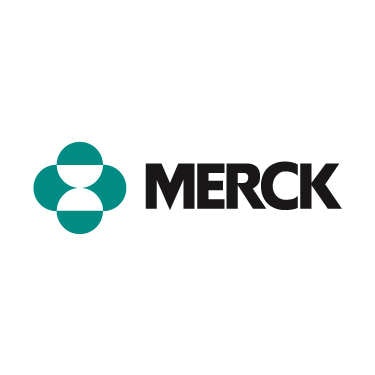Yesterday, Merck & Co., Inc. (NYSE:MRK) reported overwhelmingly positive interim results for its experimental melanoma drug lambrolizumab. This antibody, which belongs to an emerging class of cancer therapeutics called PD-1 drugs, was tested in a phase 1B clinical study with a total of 135 patients at three different doses. A 38% response rate was reported across the three cohorts, and patients on a bi-monthly regimen of lambrolizumab at the highest dose (10 milligrams per kilogram) displayed a 52% response rate. The interim results were reported in detail at the American Society of Clinical Oncology and in the New England Journal of Medicine.
Fight against melanoma
According to the American Cancer Society, the rate of melanoma diagnoses have grown over the last three decades, and more than 76,000 people will be diagnosed this year. Last week, the FDA approved two GlaxoSmithKline plc (ADR) (NYSE:GSK) drugs — Tafinlar and Mekinist — for the treatment of advanced melanoma. However, the spotlight has recently shifted to PD-1 drugs in development at Merck, Bristol Myers Squibb Co. (NYSE:BMY), and Roche Holding Ltd. (ADR) (OTCMKTS:RHHBY).
Much like Merck & Co., Inc. (NYSE:MRK), rival Bristol Myers Squibb Co. (NYSE:BMY) also reported impressive clinical trial results over the weekend for its PD-1 blocker nivolumab in combination with its FDA-approved drug Yervoy. In one arm of the phase 1 study where both drugs were administered concurrently, tumors shrank by at least 80% in 53% of patients. Even more promising, three patients in this cohort had complete responses to the therapy.
What this could mean for investors
Both lambrolizumab and nivolumab, if approved, not only have the potential to help many patients, but will also be key additions to their respective developers’ portfolios. Merck & Co., Inc. (NYSE:MRK) remains one of the largest drugmakers in the world, but it’s had trouble delivering on its late-stage pipeline lately. Since reporting negative results for its cholesterol medication Tredaptive at the end of 2012, the company has also scrapped an experimental Parkinson’s disease drug, faced scrutiny for the pancreatitis risks associated with its blockbuster diabetes franchise, and received mixed results for its insomnia drug Suvorexant at a recent FDA advisory committee meeting. Bristol Myers Squibb Co. (NYSE:BMY) has fared better, but was also hit with a setback last year when it halted development of a late-stage hepatitis-C candidate BMS-986094 due to safety concerns.
Yesterday’s exciting results have already revived investor enthusiasm in both companies, with Merck up more than 4.5% and Bristol Myers Squibb Co. (NYSE:BMY) up more than 5.5% in intraday trading. With lambrolizumab given breakthrough therapy designation in April and nivolumab granted fast-track status by the FDA for three cancer indications, both drugs have the potential to rapidly progress through late-stage clinical trials and hit the market earlier than expected.
The article Breakthrough Melanoma Data Drives Pharmas Higher originally appeared on Fool.com.
Max Macaluso, Ph.D., has no position in any stocks mentioned. The Motley Fool has no position in any of the stocks mentioned.
Copyright © 1995 – 2013 The Motley Fool, LLC. All rights reserved. The Motley Fool has a disclosure policy.



